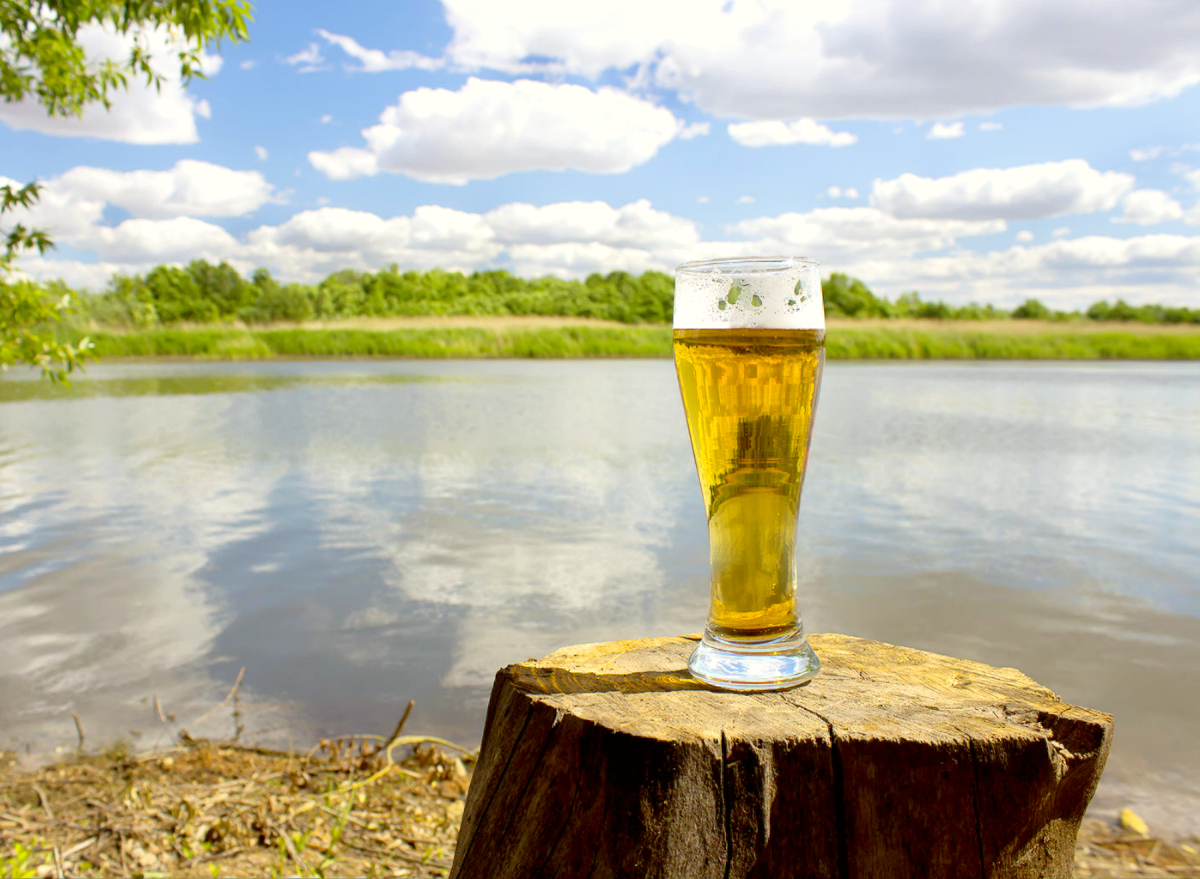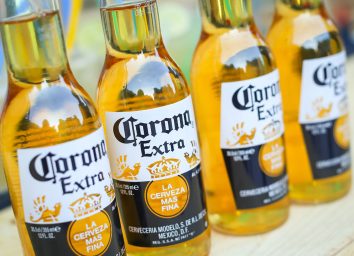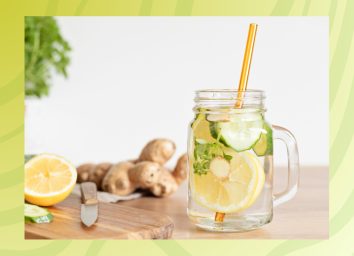One Shocking Side Effect of Drinking Beer, Experts Say

Beer is one of nature's purest gifts—right? Unfortunately, that's becoming less of the reality these days, according to some environmental scientists. As one U.S. state works to enact stricter laws around water pollution, it's causing some experts to examine exactly what's going in your beer. Recent research on the Great Lakes suggests your beer may actually be more polluted than your water.
Microplastics are a rising issue these days, as increasing research reveals that much of the water we drink—especially bottled water—contains microscopic plastic particles that humans (and animals) are ingesting regularly. Experts have suggested these tiny pieces of plastic can enter the water in a number of ways: through its contact with the air, via plastic bottles, and during the water-packaging process itself.
RELATED: America's Second-Largest Coffee Chain Is Launching 4 Beers
A new report from the regional Michigan website, MLive, says California's place as the most populous state is drawing greater attention to the issue as lawmakers work to develop regulations to limit how much plastic ends up in California's drinking water.
In the meantime, groups of scientists have spent the past few years examining how dangerous this actually is for your health… but in any case, this information is probably enough to make you a little uneasy.
Perhaps that should be especially true for beer drinkers, according to Sherri Mason, a sustainability coordinator at Penn State Behrend who researches microplastics in the Great Lakes. Mason led a 2018 study that found 12 consumer brands of beer made with water from the Great Lakes all contained microplastics.
Mason suggests this discovery isn't minor. That's because samples of beer brewed with water from the Great Lakes contained more microplastic particles than even the tap water itself. Mason and her team found that "any contamination within the beer is not just from the water used to brew the beer itself."
As Myron Erickson, a public utilities director in the city of Wyoming, Michigan, says, there's another source of microplastics that's making its way into beer: "… employees and humans making and handling and bottling the beer," he said.
One way to help manage your own intake of foreign materials may be to opt for beer in a glass bottle. Also, going with glass could potentially help offset any health concerns that some researchers say come from beverages packaged in aluminum cans.
Sign up for the Eat This, Not That! newsletter for regular beer and wellness news.
Keep reading:
13 Best Light Beers for Beer Lovers
These Are the Warning Signs You're Drinking Too Much Beer
This Bar Chain Is Facing a Major Shortage of Popular American Beer Brands








